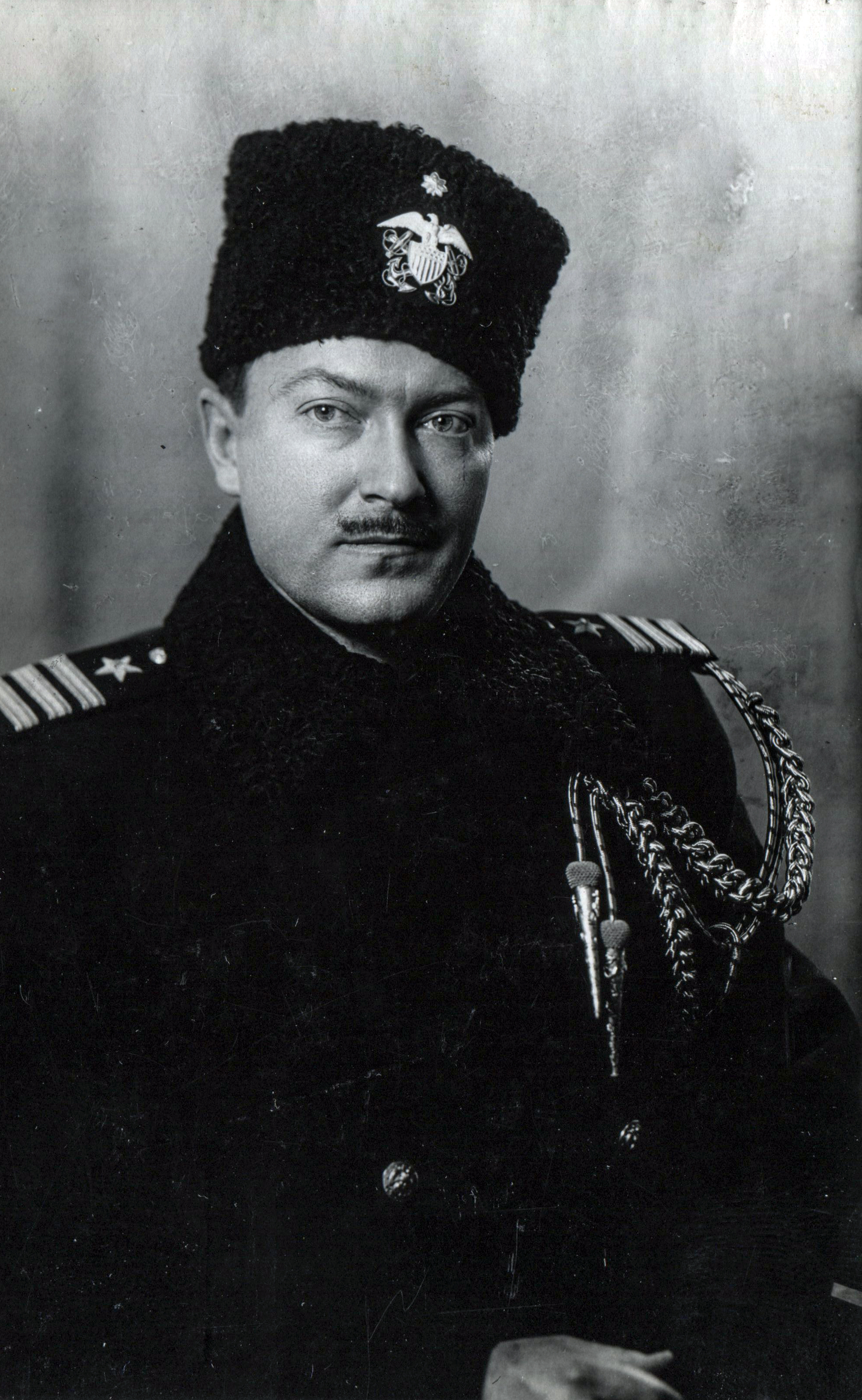Increasingly, it seems that culpability in World War II was so general that to endeavor to pin the tail on any particular donkey is an exercise in futility and unfairness. The key answers rest only with the dead or in records that never will be released or have been destroyed.
Actually, the culpabilities lay—worldwide—in the surprises. And there were many surprises. The Germans had totally surprised the Soviets on 21 June 1941, in spite of urgent warnings by both the United States and Great Britain.
The naval graybeards in Washington were surprised that the aircraft carrier—not the battleship— was the battleline of the present.
The people on board ship were surprised to find their antiaircraft armament was hopelessly inadequate; that their airplanes were second rate, even though the Flying Tigers’ General Claire Chennault had forewarned Washington of the Japanese Zero a year earlier; that the submarine skippers had been trained in tactics too cautious, and that U.S. torpedoes ran half as far at half the speed, exploding with half the force (in the rare cases when they did explode) than did their Japanese counterparts.
The British were surprised by the Japanese in the latter’s unsportsmanlike attack by land in Malaya instead of attempting to subdue the seaward-aimed forts at Singapore.
General Douglas MacArthur was surprised on 8 December 1941 (7 December Pearl Harbor time) when half of his B-17s and a third of his P-40s had been wiped out at Clark and Iba fields, while the crews were
eating lunch, even though he had had nine hours’ notice that the war was on, plus a telephone warning from the Chief of the Army Air Forces NOT to get caught on the ground. (MacArthur “knew” the Japanese could not reach him from Taiwan; his intelligence chaps had assured him the Japanese Zero had only a 350-mile radius, that with his 100 P-40s, the Japanese certainly would not send bombers without fighter escorts. But the Japanese, with a leaner carburetor mixture, slower speed, and filed-off rivet heads, upped the Zero’s radius to 500 miles.
We were surprised that the Japanese were markedly superior at night fighting—until we got a good handle on radar. Their night optics made U.S. 7X50 binoculars look like opera glasses in comparison. I had my own captured Japanese binocular with 5-inch objective lenses, on a tripod, that made night into day.
We were surprised when, simultaneously, the enemy hit Pearl Harbor, Guam, Wake, the Philippines, and Malaya, spread over one third of the earth’s surface. Through Purple decoding we knew the strikes were imminent. But owing to magnificent Japanese security, we knew not exactly where they would be.
And of course the greatest surprise was that all the foregoing was perpetrated by a “slant-eyed, near- sighted bunch of dwarfs,” who, judging by their floundering around for five years in China, were no great shakes as fighters.
The simple fact is that the United States was not prepared for war—in material especially and in psychology generally. We were sore as hell about Pearl, of course, but we had a great lot to catch up with on tooling. There was the total absurdity of Army-Navy lack of cooperation in Panama, Hawaii, the Philippines, and even Washington. At least 95% of naval officers had never exchanged an official or social word with his Army counterpart. That was the telling blow.
So Admiral Husband Kimmel and Lieutenant General Walter Short were surprised, too. But only their hides were nailed to the bam door.



